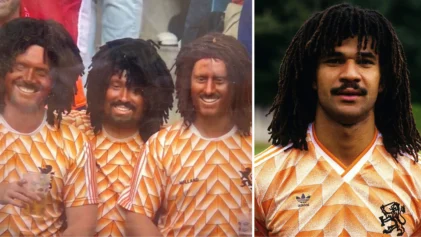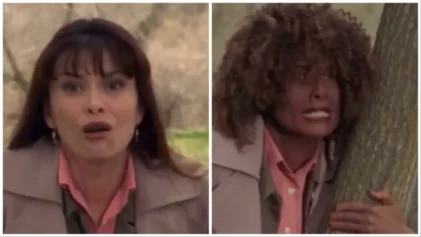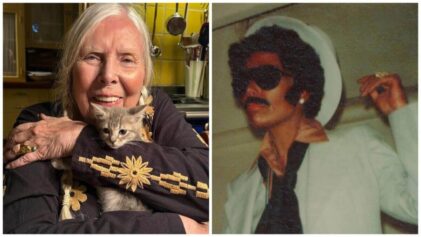A French television program is getting skewered for its decision to dress a teenage rape victim and former prostitute in blackface to conceal her “real identity” in a recent interview.
Show host Harry Roselmack has defended the move, however, and says it was in no way meant to be racially insensitive.
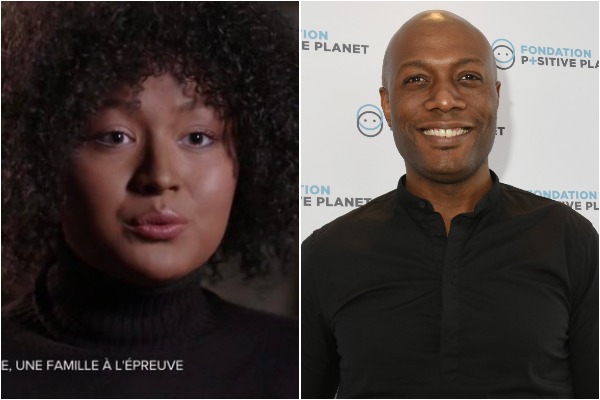
On Sunday, popular weekly news show “Sept a Huit” (Seven to Eight) aired a sit-down interview with a 17-year-old identified only as “Nina” as part of its “portrait of the week” segment, according to Daily Mail. The teen was there to discuss a new book co-written by her father that details her life’s story.
Rather than blurring her face or using a voice disguiser, show producers used dark makeup and made “Nina” wear a curly, afro wig in an effort to protect her identity.
“Sept a Huit” bosses say it’s their policy never to blur the face of any of their interviewees, but didn’t elaborate on the reason.
Backlash was swift, especially after viewers got a look at the man presented as the teen’s father. Interviewer Stéphanie Davoigneau asked questions about their new book, “Papa, Viens Me Chercher” [Father, Come And Get Me], in which “Nina” gives a firsthand account of her assault and how she began prostituting to settle a drug debt. The girl’s dad joined her for that part of the segment, and fans were quite shocked to see a white-skinned man on screen.
It was only a matter of time before viewers took to social media to voice their outrage, blasting the news show for its poor attempt at protecting young “Nina,” as seen from Twitter translations of several tweets in French.
“Please put it on the front page, and tell me they didn’t blackface her to “hide” her identity? !!!!!! I seeeeerrre #septahuit,” a Twitter user opined.
“#septahuit The blackface to hide the identity of the girl, it spoils all the reporting,” another chimed in. “We can’t even focus on the importance of her story. At worst you hide his face, huh.”
Others blasted those who attempted to downplay the offense of the situation.
“Non-blacks, don’t even start telling the black community to ‘don’t make a big deal out of it’ because it’s legitimate to be shocked,” one woman argued. “The first channel in France makes a calm blackface on a young woman for an interview, it’s super serious #septahuit”
Another added: “So, white people will understand when it’s insulting? Being black is not a way to become anonymous. It’s the way we exist in this world and who we are. In the future, please implement blur face and voice so as not to offend anyone # septàhuit.”
In answer to the backlash, show host Roselmack, who’s Black, had a difference of opinion and seemingly defended the producers’ decision. In a statement, the TV and radio journalist said mockery wasn’t their intent.
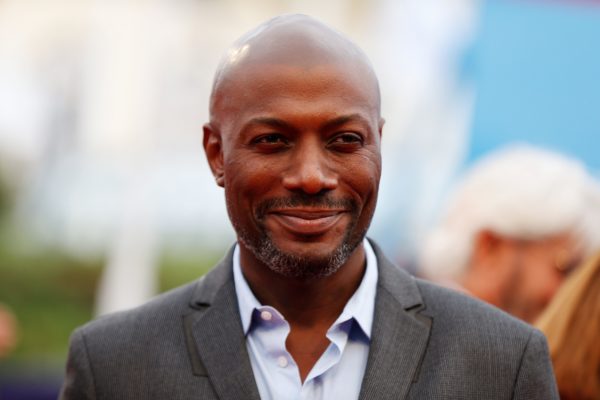
“The choice of this makeup was made after tests, by experts, and with the agreement of Nina [and] her parents,” he explained. “Without going into details that could help identify ‘Nina,’ this choice was the most visually efficient,” he continued.
Roselmack claimed a similar choice had been made to “lighten the skin of Black woman to allow her to testify.” He later voiced frustration at the fact that the blackface controversy had effectively overshadowed the teenager’s “brave testimony.”
“Over 7000 teenagers are said to prostitute themselves in our country. Nina was one of them. Her story is terrifying,” he said. “But what everyone is talking about is the way her makeup was done for her protection.”
Roselmack concluded: “The fact that the black community can rise and respond publicly to what it considers disrespectful is a good thing. But we ought to make the right choices to fight the right battles.”
The show host said he would accept “my share of responsibility in a mistake made” and left it up to viewers to judge his reaction.
